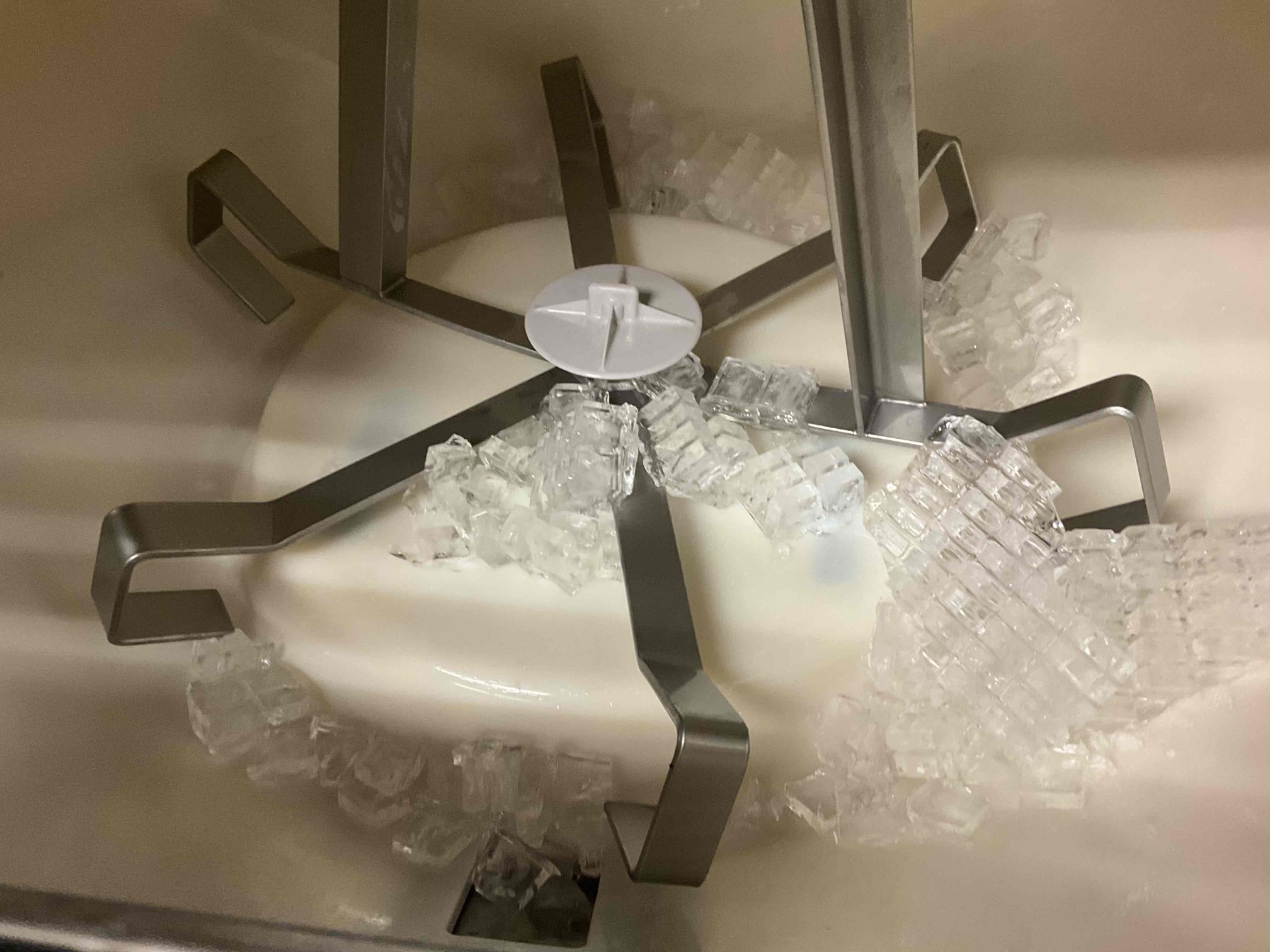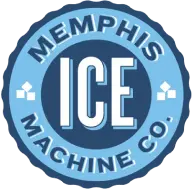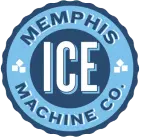proudly serving
the mid-south

Industrial Ice Maker for Factories Boosting Efficiency and Productivity
When your factory needs a reliable way to keep things cool and efficient, an industrial ice maker plays a key role. An industrial ice maker for factories is built to churn out large amounts of ice quickly and consistently, so your operations stay on track. Whether you’re cooling products, preserving materials, or tackling other industrial needs, having the right machine means less downtime and smoother performance.
At Memphis Ice, we get how crucial dependable ice production is for businesses. With nearly 50 years in the Mid-South, we offer full-service solutions tailored to your factory’s demands. Sales, rentals, maintenance, repairs—you name it, we’re here to keep your ice machines humming and your workflow moving.
Understanding Industrial Ice Makers
Industrial ice makers come in all shapes and sizes, each meant for specific needs in factories and big facilities. Getting a handle on how they work and what goes into them makes choosing and running the right machine a whole lot easier.
Types of Industrial Ice Makers
You’ve got options when it comes to industrial ice makers, and each one fits a different purpose or production need.
- Flake Ice Machines: These turn out thin, soft ice flakes that cool and preserve products without causing damage.
- Cube Ice Machines: They make solid, clear cubes—great for food processing and chemical factories where ice shape and quality matter.
- Nugget Ice Machines: These create small, chewable pieces, perfect for spots where quick cooling and easy handling are a must.
- Block Ice Makers: They produce big ice blocks that last longer and suit high-volume needs with slower melt rates.
Depending on your factory’s needs, you can choose a machine that strikes the right balance of volume, size, and ice type.
How Industrial Ice Makers Work
Industrial ice machines freeze water inside a cooling system and then send the ice into storage.
Water flows over a cold surface—usually an evaporator—where it freezes in thin layers. Mechanical parts then scrape or push the ice into a bin.
The refrigeration cycle drives the freezing, using coolant to pull heat out and drop the temperature inside. Sensors keep an eye on water flow and temperature to make sure ice production stays steady.
We at Memphis Ice can walk you through these details and help you match machines to your factory’s workload.
Key Components in Industrial Ice Makers
Knowing the main parts of an industrial ice maker makes it easier to keep things running or spot trouble early.
- Evaporator: The cold plate where water turns to ice, often stainless steel for longevity.
- Compressor: Moves refrigerant through the system, creating cold.
- Condenser: Releases heat from the refrigerant to the surrounding air or water.
- Water Pump and Water System: Spreads water evenly over the evaporator for solid ice formation.
- Ice Harvesting Mechanism: Removes ice from the freezing surface and drops it into storage.
- Storage Bin: Holds the finished ice until you need it.
Regular care for these parts keeps your machine in top shape. If you ever need a hand, Memphis Ice technicians are always ready to help.
Selecting the Right Industrial Ice Maker for Factories
Picking an industrial ice maker isn’t just about grabbing the biggest machine. You’ve got to think about how much ice you need, how tough the machine is, and how much energy it’ll eat up. Getting these right keeps your factory running without wasting money or time.
Assessing Ice Production Capacity
First, figure out your daily ice needs. This depends on your output and what you use the ice for—cooling, preserving, whatever. Choose a machine that covers your busiest days, with a little extra buffer.
The ice type matters too. Clear cubes take longer but look sharp, while flake ice forms quicker and suits mass cooling. Always check the machine’s hourly and daily output ratings. Too little capacity means you’ll run short; too much, and you’re paying for ice you don’t use.
Considering Build Quality and Materials
Factories are tough environments. Look for machines built with stainless steel or corrosion-resistant materials—they’ll last longer and handle humidity or spills better. Durable, easy-to-clean parts keep the machine running and make maintenance less of a headache.
Check if parts are easy to find and if there’s local service. We at Memphis Ice focus on easy service and solid parts because we know what downtime can cost you.
Evaluating Energy Efficiency
Energy use isn’t just a footnote—it really adds up. Go for energy-efficient models or ones with upgraded compressors and smart controls.
Some newer machines cut water and energy use by up to 20%. Many also feature BPA-free and recyclable parts, which is a plus if you’re thinking green.
A well-kept, efficient machine keeps bills down and reliability up. Memphis Ice can help you pick a model that fits your factory’s size and energy needs, so your ice stays steady and affordable.
Installation Requirements for Factory Settings
Setting up an industrial ice machine in a factory isn’t as simple as plugging it in. You’ve got to think about where to put it and how to hook up water and power. Get these right, and you’ll dodge a lot of headaches later.
Space and Location Considerations
Find a spot that’s cool and dry. Heat and humidity sap efficiency and can even cause breakdowns. Keep the machine away from ovens, direct sun, or anything else that gets hot.
Leave at least 12 inches of space around the machine for airflow and maintenance. Factories are often cramped, but squeezing the machine in too tight will just cause problems.
The floor should be level and strong enough to hold the machine’s weight. And if your place is busy, keep the machine out of traffic paths.
Plumbing and Electrical Needs
You’ll need a solid water hookup with proper drainage for overflow and condensation. Use commercial-grade pipes to avoid leaks. A reliable drain close by is a must—no one wants water pooling around expensive equipment.
For power, most industrial ice makers need a dedicated 220V outlet. Get a licensed electrician to handle the wiring and make sure everything’s up to code.
You might want a circuit breaker or surge protector to guard against power spikes. We recommend a site inspection before installation to make sure plumbing and electrical are all set.
Operational Best Practices
To keep your industrial ice maker running well, you’ve got to follow some basic steps. Safety and careful handling go a long way toward preventing issues and keeping everyone healthy.
Safety Protocols and Standards
Safety first, always. Make sure your team wears personal protective equipment—gloves, safety glasses—when handling ice or working near moving parts. Keep the area around the machine dry to avoid slips.
Stick to a regular cleaning and sanitizing schedule to keep bacteria at bay. Use approved cleaning agents and follow the manufacturer’s directions.
Check electrical connections now and then to avoid shorts. Train your crew on proper shutdown and emergency steps. It’s not glamorous, but it’s essential.
Ice Storage and Handling Procedures
Store ice in clean, covered bins to keep it safe. Use bins made of non-porous material and keep them at the right temperature to stop melting and refreezing.
Always use dedicated scoops—never hands—to avoid spreading germs. Store the scoop in a clean holder outside the bin.
Label storage clearly and separate ice for consumption from ice used for cooling or industrial purposes. This isn’t just a rule—it keeps your factory safe and compliant.
We’ve seen how these little habits pay off. They keep machines running longer and protect your team.
Maintenance and Cleaning Tips
If you want your industrial ice maker to last, you’ve got to keep it clean and maintained. Regular care stops buildup and catches issues before they become disasters.
Routine Cleaning Schedules
Clean your ice machine every 3 to 6 months, or more often if your water’s hard. Mineral-heavy water means more frequent cleaning to prevent scale.
Use an ice machine cleaner that’s safe for commercial units, and follow the instructions. Focus on:
- Ice bin and scoop
- Water reservoir and lines
- Evaporator plates
Don’t forget to swap water filters regularly. Clogged filters drag down ice quality and efficiency. Set a maintenance calendar so nothing slips through the cracks.
After cleaning, sanitize to kill bacteria and mold—especially important if you’re pushing out a lot of ice daily.
Troubleshooting Common Issues
Watch for slow production, weird noises, or discolored ice. These usually mean dirty filters, clogged water lines, or worn parts.
If you smell something off or see slimy ice, clean and sanitize right away. Mineral scale can cause overheating or shutdowns. Check condenser coils for dust, too—it builds up fast.
If you’re stuck, Memphis Ice can help with inspections and repairs. Logging recurring issues helps with diagnosis and keeps your ice maker in fighting shape.
Cost Factors and Budget Planning
Buying an industrial ice maker isn’t just a one-time hit—you’ve got to think about both upfront and ongoing costs. Knowing what to expect helps you plan and avoid nasty surprises.
Initial Purchase and Installation Costs
Your biggest upfront cost is the machine itself. Price varies based on size, output, and features like energy efficiency or sanitation. Bigger factories usually need bigger, pricier machines.
Installation adds to the bill. You’ll need plumbing, electrical hookups, and enough space. Sometimes you’ll need a pro for the setup. Don’t forget delivery and setup costs.
Leasing is an option if you want to spread out payments. Memphis Ice offers rental plans with maintenance included, so your monthly costs stay predictable.
Operating and Maintenance Expenses
Running the machine uses water and electricity every day. More ice means higher bills, so energy-efficient models are worth a look.
Regular cleaning and maintenance prevent expensive breakdowns. You’ll need water filters, sanitizer, and occasional service calls. Some companies, like us, bundle maintenance with rentals to keep things simple.
Plan for these costs so you’re not caught off guard during busy seasons. We can help you set up a maintenance plan that fits your factory’s needs.
Environmental Impact and Sustainability
Industrial ice makers use a lot of water and energy. Managing these wisely lowers costs and reduces your environmental footprint. There are machines out there built to be more efficient, so you don’t have to waste resources or money.
Water Usage and Conservation
Water’s obviously essential for making ice, but not all of it actually freezes. Some gets lost during freezing or cleaning cycles. Older machines, in particular, tend to waste more water than you’d expect, which can bump up your utility bills and your environmental impact.
If you want to save water, check out ice makers with built-in water recycling features. These systems reuse melted ice or cleaning water, so you waste less overall. Keeping up with regular maintenance also helps—fixing leaks and preventing buildup can really add up over time.
Cutting back on water use isn’t just about being green; it keeps your factory’s operating costs from creeping up. Memphis Ice can help you choose and maintain machines that make smart use of water, day in and day out.
Choosing Eco-Friendly Models
Ice makers aren’t all created equal when it comes to energy and water efficiency. Newer industrial models often have energy-efficiency ratings, so you can see exactly how much power they save. Features like automatic cleaning cycles and advanced water filtration don’t just make life easier—they also improve ice quality and help your machine last longer.
Energy-efficient ice makers use less electricity, which means lower bills. Some are surprisingly quiet, too—not a bad perk if you’re around them all day. Machines that are easy to maintain cost less to repair and don’t break down as often.
If you’re not sure what to pick, a local expert like Memphis Ice can guide you toward models that fit your factory’s workflow and sustainability goals, while still being reliable.
Industry Applications of Industrial Ice Makers
Industrial ice makers are a big deal for several industries—they crank out huge amounts of ice, fast and reliably. The types of ice and how they’re used can vary a lot depending on what the industry needs.
Food Processing and Preservation
In food processing, keeping things cold is non-negotiable if you want products to stay fresh and safe. Industrial ice makers deliver serious volumes of ice to keep temperatures low during shipping and storage. That helps slow down bacteria and cuts spoilage risk.
You’ll often see nugget or flake ice packed around seafood, meat, or produce. It chills the products without damaging them. High-volume machines keep up with the pace of busy production lines and tight shipping deadlines.
Ice also plays a role in cleaning equipment and cooling down machinery, which boosts hygiene and keeps things running efficiently. With some basic upkeep, your ice machine should handle these demands all year.
Chemical Manufacturing
Chemical manufacturing often depends on tight temperature control for both quality and safety. Industrial ice makers help stabilize cooling during production, making sure chemical reactions don’t get out of hand.
You’ll rely on steady ice output to cool tanks, manage heat from machinery, or drop temperatures in storage. This really matters if you’re dealing with heat-sensitive or volatile chemicals.
Cooler environments also lower the risk of overheating and help manage waste by keeping byproduct areas at safe temps.
A dependable ice machine from someone like Memphis Ice means fewer breakdowns and more consistent cooling. Don’t skip regular maintenance—it’s crucial for avoiding problems in these critical processes.
Future Trends in Industrial Ice Maker Technology
Industrial ice makers are only getting better—expect future models to use even less water and electricity. That’s a win for your budget and, honestly, for the planet.
Automation is on the rise, too. More machines will have smart controls that watch over ice production and let you know when it’s time for maintenance. Less babysitting, fewer surprises.
Design and materials are improving as well. Newer machines are built tougher and clean up faster, which means less downtime and longer equipment life. That’s a relief for busy factories.
Some upcoming ice makers will use eco-friendly refrigerants, lowering environmental impact without sacrificing performance.
At Memphis Ice, we’re already seeing these changes in the equipment we offer. We try to stay ahead of the curve so you’re ready for whatever’s next.
Key future features you can watch for:
| Feature | Benefit |
| Energy efficiency | Lower electrical and water use |
| Smart automation | Less downtime, easy monitoring |
| Durable materials | Reduced maintenance time |
| Eco-friendly refrigerants | Environmental protection |
Keeping tabs on these trends helps you pick machines that match your factory’s needs and save resources. If you want to talk options, Memphis Ice is always here to help you sort through what’s out there.
Frequently Asked Questions
Picking the right industrial ice maker takes a bit of homework: you’ll want to know which brands last, how to size the machine, and what’s actually energy efficient. Maintenance matters, too, as does finding trusted service providers. And hey, financing options can make the investment easier on your budget.
What are the best brands of commercial ice makers for factory use?
Go for brands with a reputation for durability and reliable output. You need machines that can handle heavy use without constant breakdowns. Brands with local support are a big plus if you ever need fast repairs.
How do you determine the right size of an industrial ice machine for your business?
Figure out your daily ice usage, then factor in peak demand and a little extra for busy periods. If you match the machine size to your actual needs, you won’t overpay for capacity you never use—or find yourself running out of ice.
Can you recommend some energy-efficient ice machines suitable for factory settings?
Look for models with Energy Star ratings or proven energy-saving tech. These machines use less water and power, which means lower bills. They’re a smart pick for keeping costs down.
What maintenance tips should be followed to ensure the longevity of a commercial ice maker?
Clean your machine regularly to stop bacteria and minerals from building up. Swap out filters and sanitize water tanks as part of your routine. Checking things over now and then can catch small issues before they become big, expensive problems.
Where can you find reliable servicing for industrial ice machines?
Memphis Ice covers a wide area in the Mid-South and has a solid track record. Local companies like Memphis Ice know these machines inside and out, so your equipment stays in top shape year-round. Always go with a service provider familiar with your specific model.
Are there any financing options available for purchasing a high-capacity commercial ice maker?
Plenty of suppliers and service companies actually offer financing plans, so you don’t have to sink a ton of cash all at once. Spreading out the cost makes it way easier to get a decent machine upfront. It’s worth asking about payment plans or even rental options—sometimes those fit the budget better than you’d expect.
Recent News

How Ice and Refrigeration Power Life-Saving Research
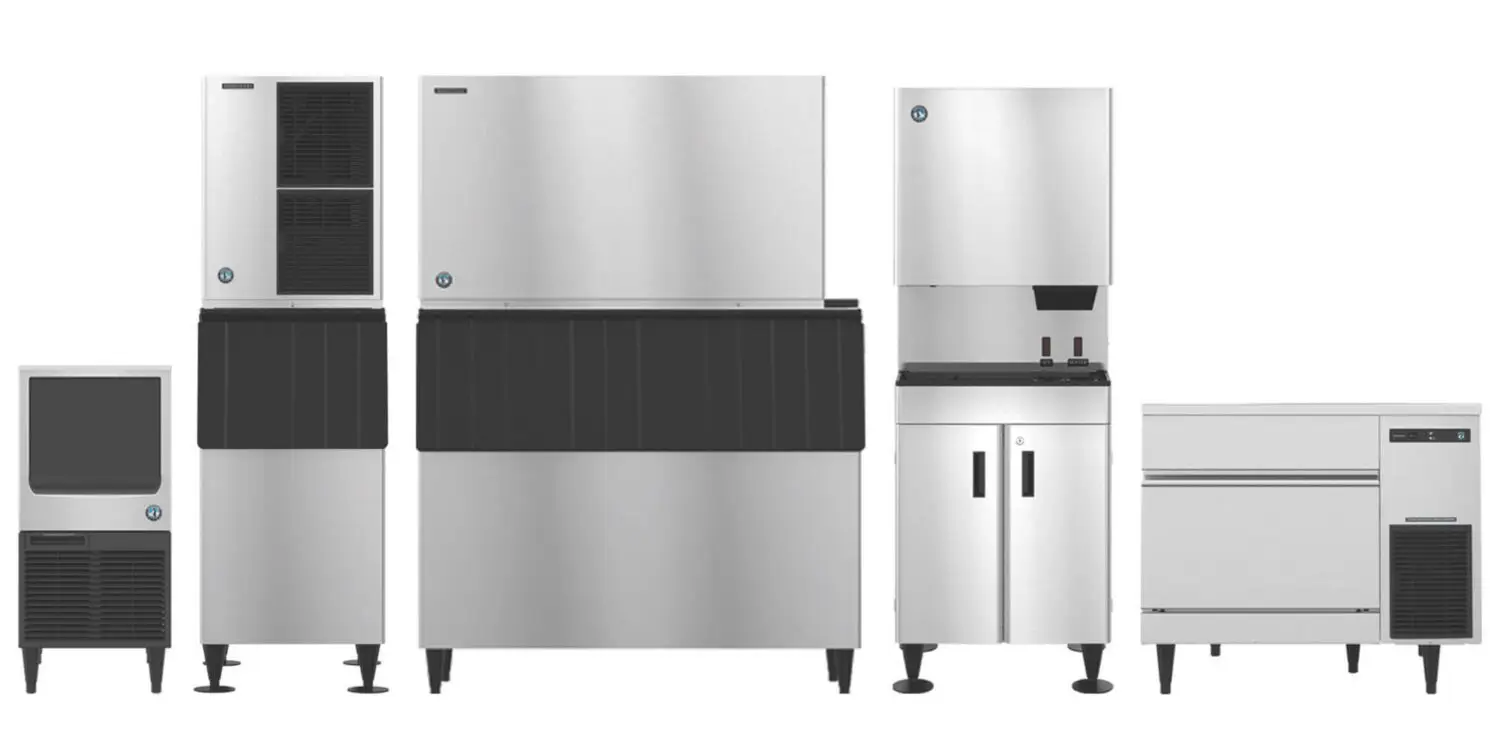
Healthcare Facility Ice Machine Servicing Tips for Reliable Cold Water
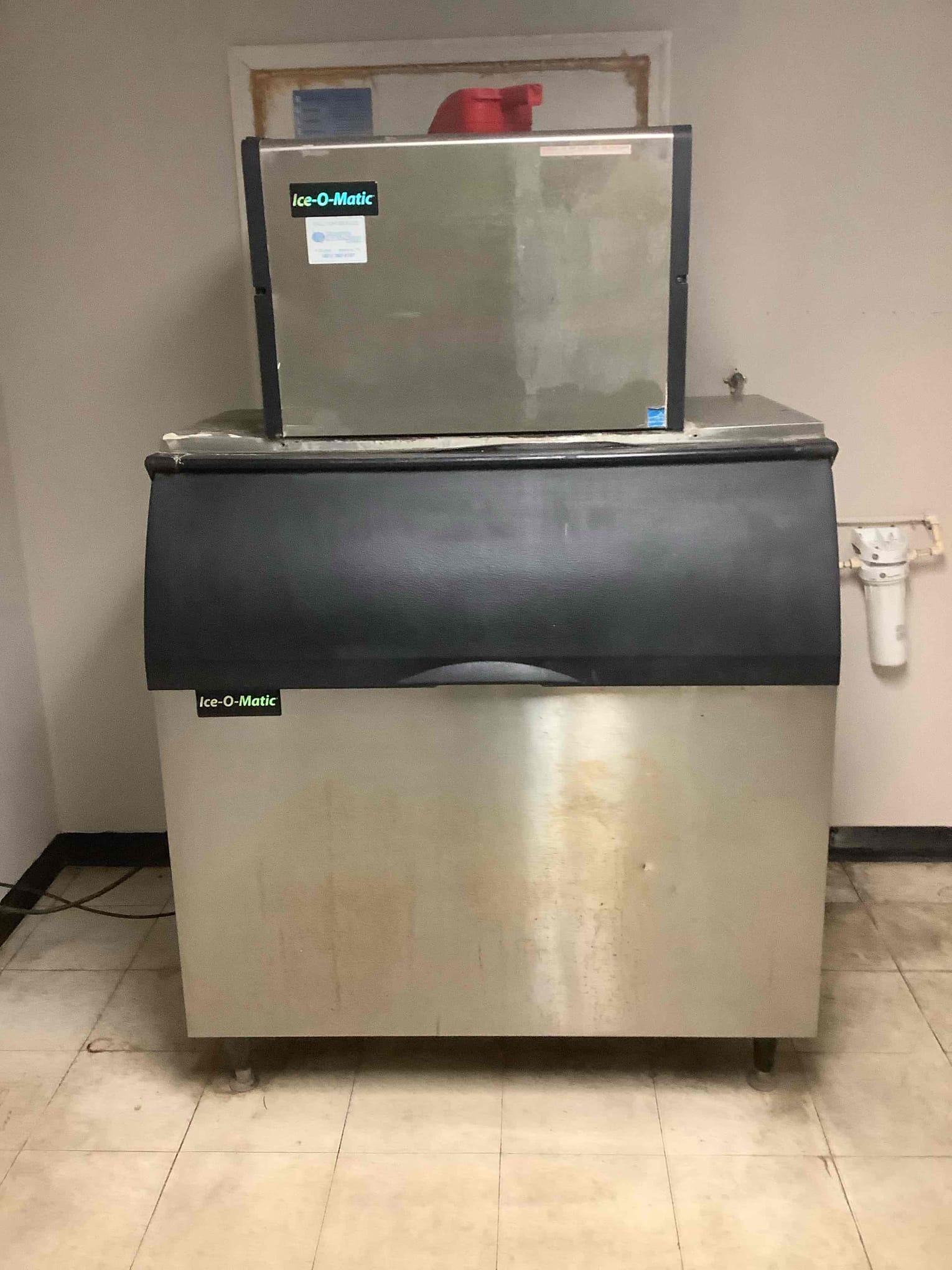
Factors That Impact Commercial Ice Machine Recovery Rate Explained Simply
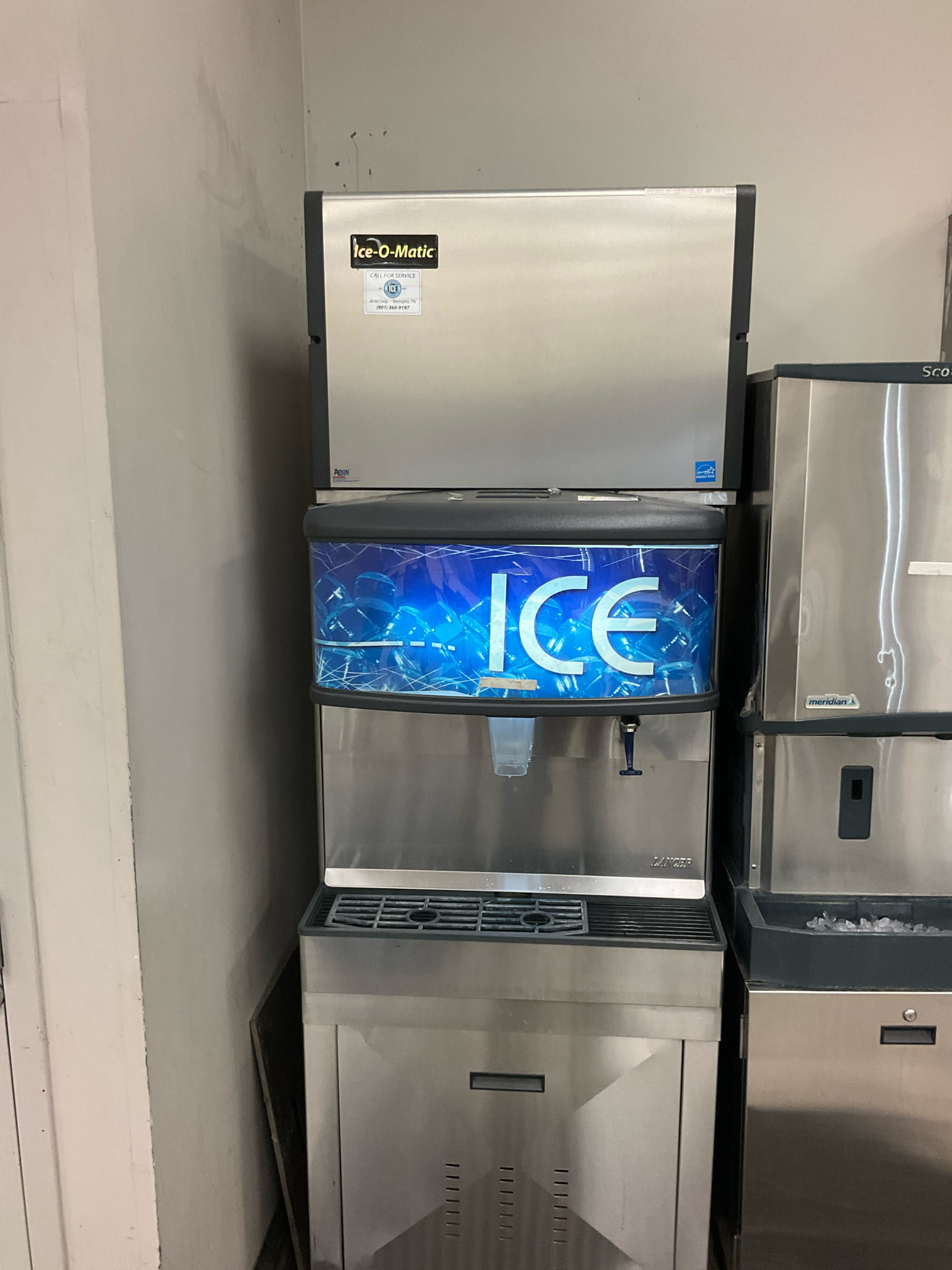
Signs Your Freezer Door Gaskets Need Replacement and How to Spot Them Early
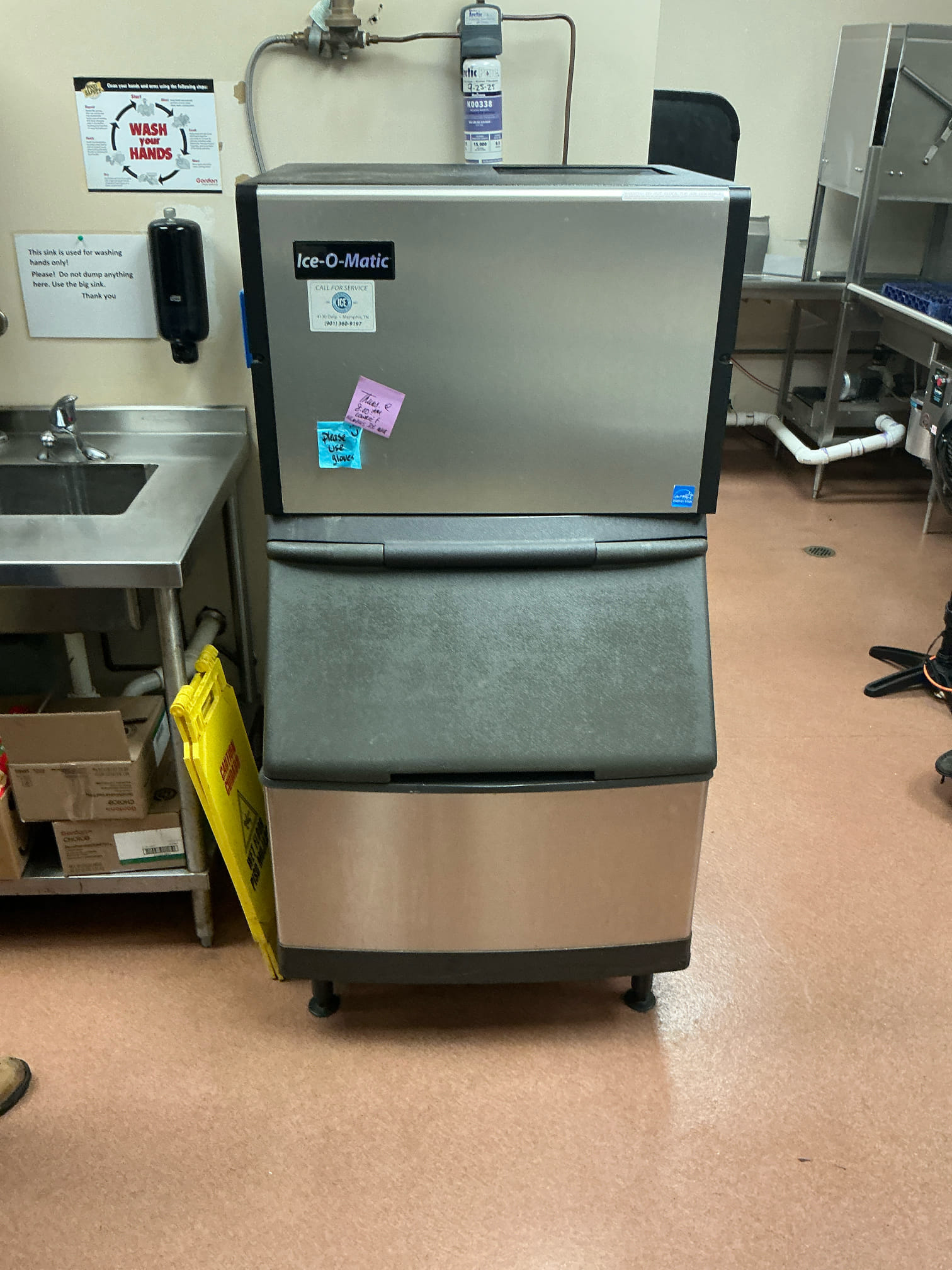
Signs Your Ice Machine Needs Deep Cleaning and How to Spot Them Early
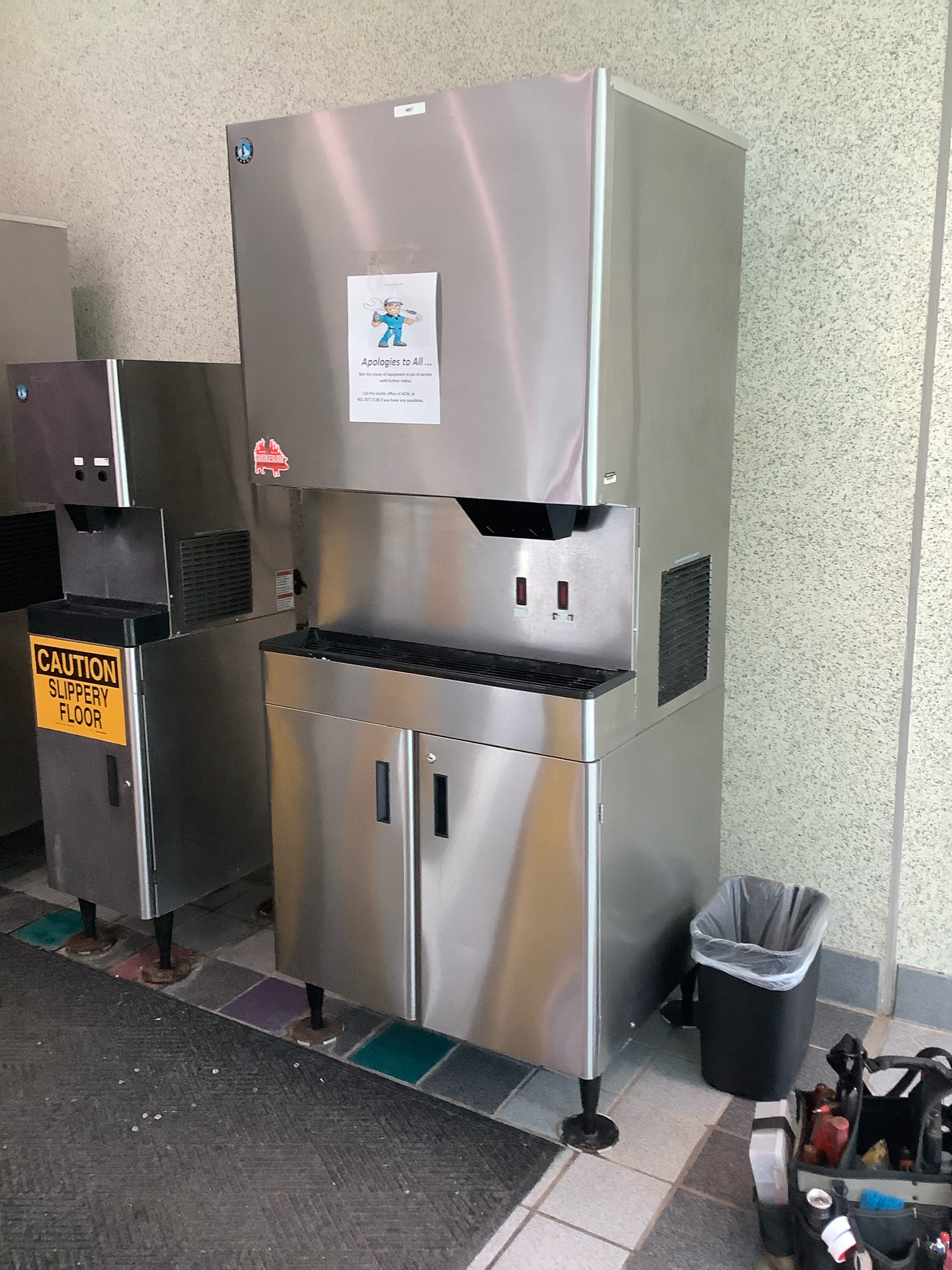
Signs Your Refrigeration System Is Undersized for Your Business and How to Fix It
